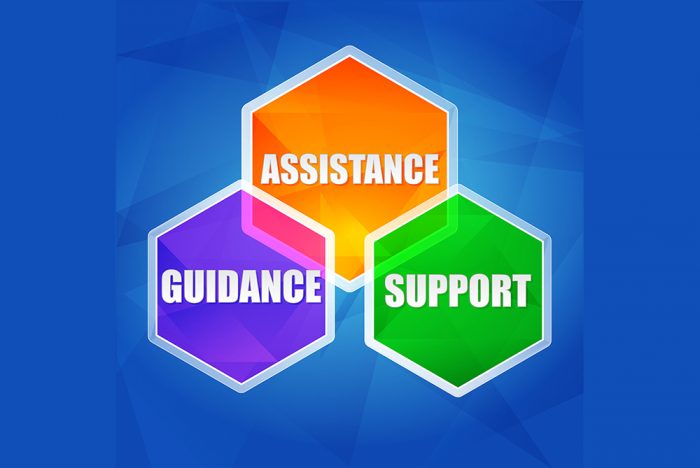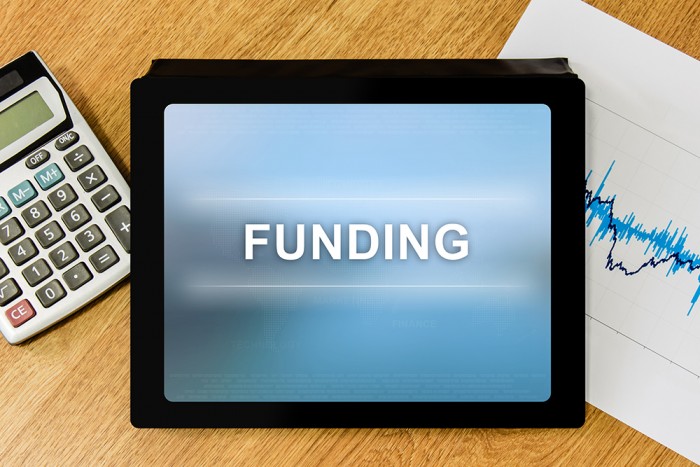The Pennsylvania Department of Drug and Alcohol Programs (DDAP) on Wednesday issued Policy Bulletin 23-01, which outlines modifications to the DDAP Fiscal Manual, Prevention Manual, Operations Manual, Case Management & Clinical Services Manual, and the Substance Abuse Prevention & Treatment Block Grant Provisions. The modifications cover various topics, including funding strategies, media restrictions, outcome measures, licensure requirements, treatment definitions, telehealth assessments, staff qualifications and training, and confidentiality of information. The updated documents are available on the DDAP website, and the bulletin applies to all single county authorities and their contracted providers. The changes are effective immediately.
DDAP
DDAP Issues Licensing Alert on Calculating Counselor Ratios for Nonhospital Residential SUD Treatment
JSGC Report on SUD Funding Recommends Greater Transparency in Reimbursement Rate Development Process
DDAP Announces Creation of Recovery Division

The Pennsylvania Department of Drug and Alcohol Programs (DDAP) has announced the creation of a Recovery Division. The new division will be part of DDAP’s Bureau of County Program Oversight and will oversee the Regional Recovery Hubs as well as build relationships with local, regional, and state Recovery Community Organizations. The focus of the recovery hubs is to assess the needs and gaps of the counties they serve and provide technical assistance to existing recovery organizations to fill those gaps by providing a space for ideas, challenges, and successes to be shared.
You can email DDAP directly with any questions.
DDAP Responds to Ongoing Provider Requests for Staffing Ratio Regulation Changes With Reminder, Waiver Form
DDAP Provides Reminder on Extension of Regulatory Flexibilities Beyond End of PHE
DDAP Awards $6 Million in Funding to Fight Overdose Deaths in Underrepresented Communities
The Pennsylvania Department of Drug and Alcohol Programs (DDAP) announced more than $6 million in grant funding for organizations to establish or expand substance use disorder (SUD) services, community outreach, and education to underrepresented communities struggling with the opioid overdose crisis.
In 2020, overdose death rates increased 39 percent for Black Pennsylvanians, compared to 2019. In 2021, Black Pennsylvanians died from an overdose at a rate that was nearly two times higher than white Pennsylvanians.
Those eligible for this funding included organizations that provide services, outreach, and/or education to communities of color and promote access to harm reduction services, low-barrier SUD and medication-assisted treatment (MAT), recovery and peer supports, and/or offender reentry supports.
Through this funding award, 19 organizations are receiving grants up to $400,000 for a 12-month period beginning July 1, 2023, through June 30, 2024. Funds shall be applied toward a range of activities, including construction and building infrastructure, staffing, and evidence-based programming.
PA Providers Say Onerous Regulations Worsen Workforce Challenges: RCPA SUD Treatment Services Director Jason Snyder and RCPA Member CenClear Quoted
SAMHSA Revises OTP Take-Home Medication Flexibilities Guidance, DDAP Concurs
DDAP Awards $4 Million for Six Regional Recovery Hubs, Announces GIFA for Additional Hub
The Pennsylvania Department of Drug and Alcohol Programs (DDAP) awarded $4 million in grant funding for the establishment of regional recovery hubs to enhance resources for individuals in recovery and promote recovery within communities across Pennsylvania.
The funding will allow each regional recovery hub to conduct an initial needs assessment for recovery support services in their specific region, including an estimate of individuals in need of these services and an analysis of their availability and accessibility. In addition, the hubs will develop a strategic plan, partnering with local organizations, that focuses on the importance of supporting multiple pathways to and through recovery, and will seek to promote recovery services in areas including peer support, family support, and self-care.
The regional recovery hubs throughout Pennsylvania will be designed to embed, expand, and promote a Recovery-Oriented-System of Care, which is a coordinated network of community-based services and supports that is person-centered, with the ultimate goal of improving the health, wellness, and quality of life for individuals in recovery from substance use disorder.
Grants up to $500,000 each will be awarded for the 15-month period beginning July 1, 2023, through September 29, 2024, to the following organizations serving the various regions:
- The Council of Southeast Pennsylvania (serving Philadelphia, Montgomery, Bucks, Berks, Chester, Lancaster, Delaware, and Schuylkill Counties);
- Unity Recovery (serving Allegheny County);
- County of Erie Office of Drug & Alcohol Abuse (serving Erie County);
- Armstrong Indiana Clarion Drug & Alcohol Commission, Inc. (serving Beaver, Butler, Armstrong, Indiana, Cambria, Washington, Westmoreland, Greene, Fayette, and Somerset, Crawford, Mercer, Lawrence, Venango, Warren, Forest, Clarion, McKean, Elk, Cameron, Jefferson, and Clearfield Counties);
- West Branch Drug & Alcohol Abuse Commission (serving Potter, Tioga, Bradford, Clinton, Lycoming, Sullivan, Centre, Union, Snyder, Montour, Columbia, and Northumberland Counties); and
- Northbound & Co. (serving Susquehanna, Wayne, Wyoming, Lackawanna, Luzerne, Carbon, Monroe, Pike, Lehigh, and Northumberland Counties).
Each grantee will use a hub and spoke model to provide recovery supports in their designated region. Each regional “hub” will support community-driven services that will serve as “spokes.” The hub will provide technical assistance and collaborate with a variety of community entities, sectors, and systems to enhance a recovery-supportive community and facilitate recovery support service delivery.
In addition, DDAP issued a Grant Initiative Funding Application (GIFA) for a regional recovery hub in Region 5, which includes York, Adams, Franklin, Fulton, Bedford, Cumberland, Perry, Dauphin, Lebanon, Huntington, Mifflin, Juniata, and Blair Counties.
The GIFA is available on DDAP’s website.













